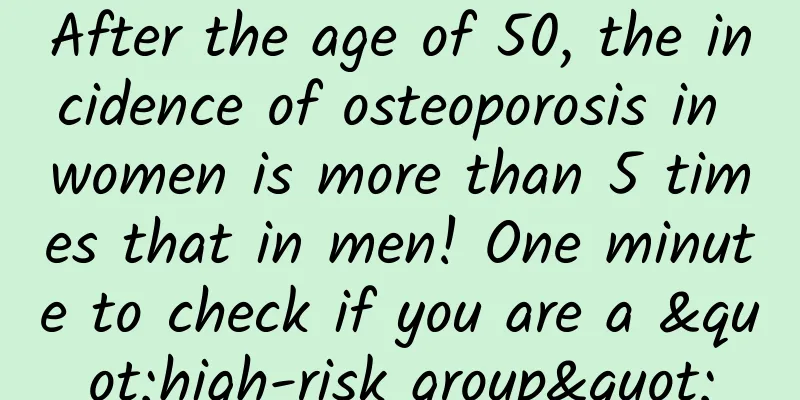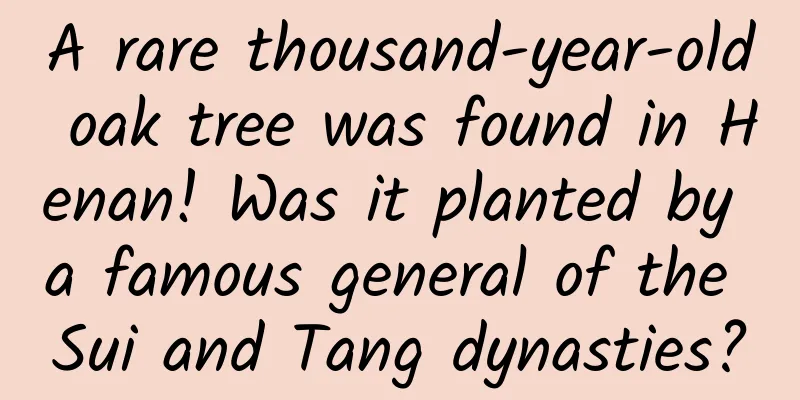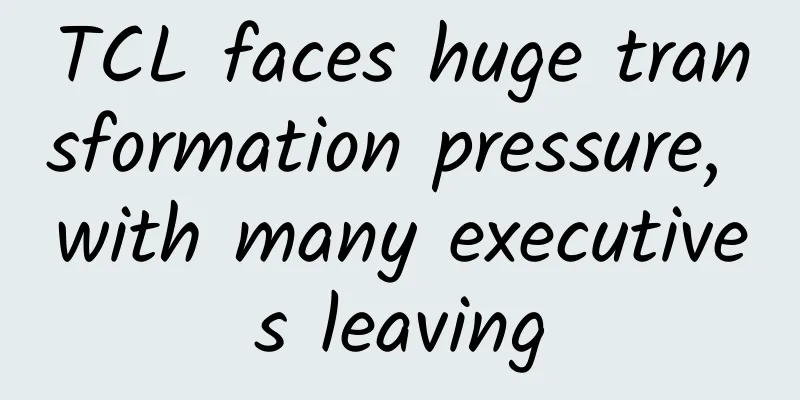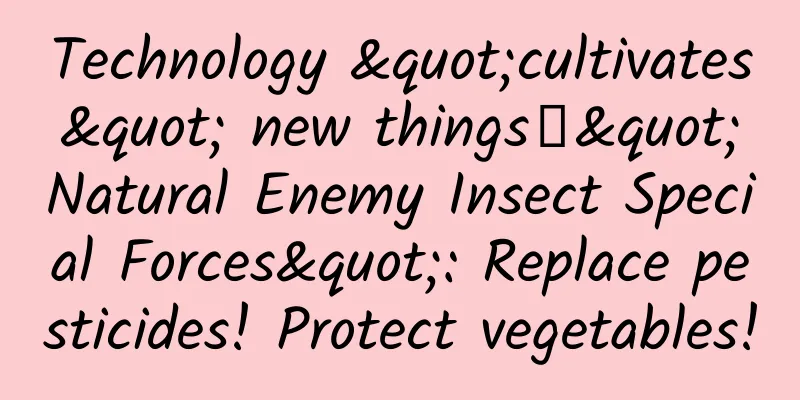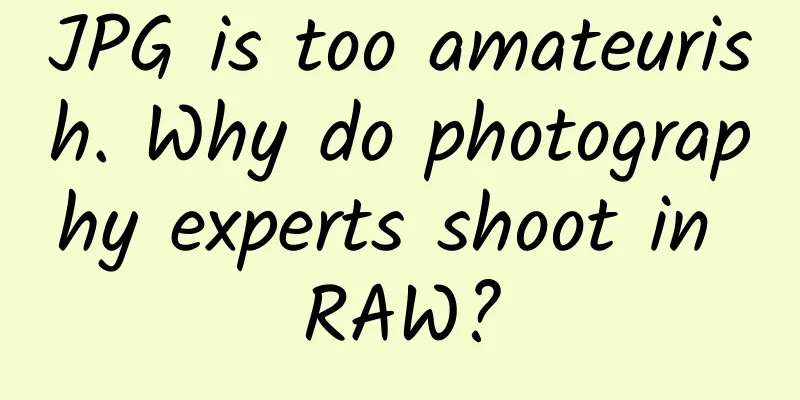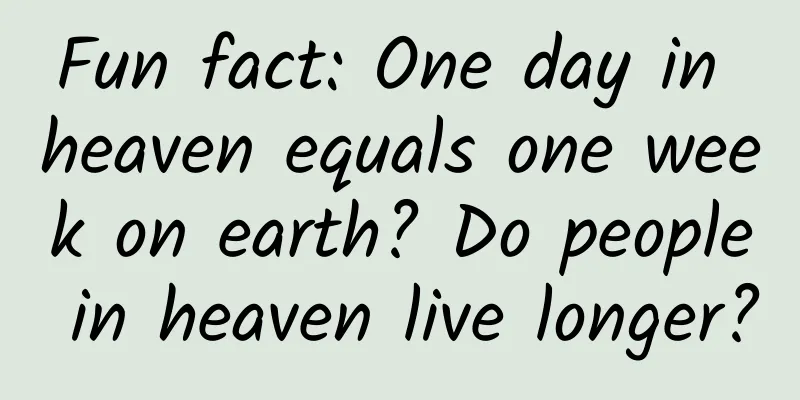I think a 79 yuan eyebrow pencil is expensive. Is it because I am not working hard enough?
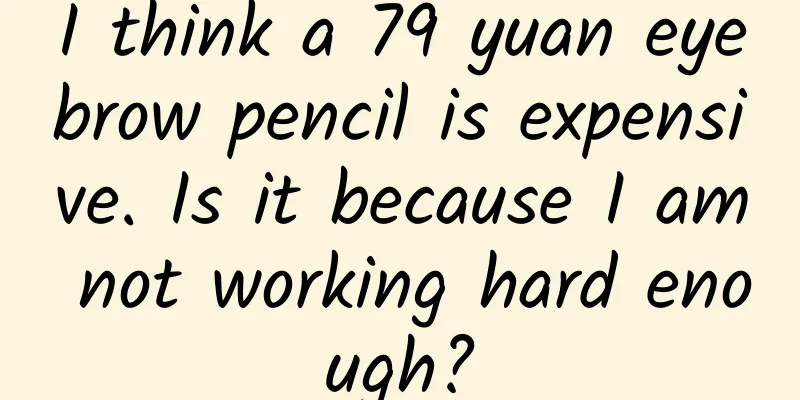
|
Recently, a top anchor who sells products on the Internet publicly said during a live broadcast, "Your salary hasn't increased in all these years because you haven't worked hard enough!" to a fan who complained that the 79-yuan eyebrow pencil he was selling was too expensive. The anchor apologized afterwards, but the whole incident has already caused heated discussions among netizens. Many netizens said that they were "heartbroken" and "hurt". Such remarks are very rude and lack empathy. No wonder many people are angry: "I can understand that he got rewarded for his hard work, but he doesn't understand that hard work may not be rewarded!" Why are we offended by this? "You're not working hard enough!" Statements like these have the most direct impact on our sense of self-identity (often manifested as a "mental breakdown"). Therefore, when we hear "low income is because I don't work hard enough", especially when this sentence comes from someone we trust or has more influence, we are likely to feel disappointed, angry, sad and other negative emotions. On the one hand, this is because the other party's opinions have a greater influence, and on the other hand, no matter whether the salary is high or low, most people will have a sense of self-identity that "I am probably a hard-working person", so negative emotions become a shield to prevent self-identity crisis and keep this view away. At the same time, we all like a fair society, and psychological research has also found that people have a tendency to pursue social fairness, but social fairness is a subjective judgment of one's position in an unfair situation. In other words, social fairness is often a subjective evaluation, and we may feel unfair because of certain opinions of others. Image source: Internet A typical view is that "low income is because you don't work hard enough", as if the level of personal income can only be attributed to one's own efforts, and has nothing to do with factors such as environment and opportunities. This kind of statement, which is a bit like "it's easy to talk when you are standing, but you still have to smack your lips after eating a full meal", will naturally make us feel frustrated and show a series of negative emotions (and turn into angry comments on the Internet). After understanding how these words hurt us, we must also learn to respond correctly. Let's talk about: How to deal with other people's incorrect comments? Know Yourself As mentioned before, the reason why words like "you are not working hard enough" can affect us is mainly because they affect our sense of self-identity. The correct response naturally starts with self-identity. Self-identity was first proposed by Erikson. He believed that people began to explore a series of questions such as "who am I", "what are my values", and "what are my goals" since adolescence, and gradually formed their own opinions and attitudes, thus forming a sense of self-identity. A person with a unified sense of self-identity can rationally view and accept himself and the outside world, have clear life goals, and be able to experience self-worth. Even if he encounters some negative opinions and negative emotions, he can live a normal life without being immersed in sadness or regret. However, when we grow up, even if we have formed a unified sense of self-identity, it is not stable and unchanging. We may still have a self-identity crisis due to various things, leading to a state of inconsistency or conflict in personal identity and values. However, when we re-recognize ourselves through thinking and action, we can get rid of this state. For example, a person thinks that he is a brave and decisive person, but later he finds that he always loses many opportunities because of his indecision, which makes him very upset. However, after some thinking and exploration, he re-recognizes himself and thinks that he is actually "a person who is cautious about the unknown", so he is no longer upset. On the other hand, when someone says that you "don't work hard enough", you will definitely feel a little depressed, but if you think carefully about how you work hard, study hard, and live hard every day, you can confidently retort: You know nothing! Another reason why the anchor's words hurt people is that they tied "effort" and "reward" together. This is actually a wrong attribution. Copyright images in the gallery. Reprinting and using them may lead to copyright disputes. We can think about and point out the other party's attribution error and attribute it correctly (pass the buck). Here is a brief introduction to some common attribution methods and biases: Situational Attribution: External factors, attributing the cause to situational (environmental) factors. For example: I'm sorry I'm late, it was mainly because it suddenly rained heavily and it was inconvenient to take a taxi. If you can correctly analyze the objective reasons, it will be very helpful to correctly evaluate yourself. Dispositional Attribution: Internal factors, attributing the cause to your own personality. For example: I didn't seize this opportunity to confess, mainly because I was too weak. If you always tend to blame yourself, you should be alert. Self-serving attributions: In layman's terms, "good results are due to yourself, bad results are someone else's fault." For example: It's not that I sold it at a high price, it's that you didn't work hard enough and didn't get a raise... This kind of attribution can sometimes protect yourself, but if you use it too frequently, you will be hated by everyone. Cognitive biases: When people are highly consistent with others in their behaviors or cognitions, they tend to make situational attributions (attribute to the environment), and vice versa, they tend to make personality attributions (attribute to themselves). For example: Everyone does this (consistent with others), and my mistake was just due to bad luck (attribute to the environment). Motivational biases: "Self-interest bias" to enhance one's sense of value or protect self-esteem, and "illusion of overestimation of self-control" where individuals overestimate their control over external events and tend to make internal attributions. For example, when one clearly did something wrong, one blames others; or one overly blames oneself for things not going well, when in fact the reason is not oneself. It should be noted that the above is just to let you know that you should never blame others for saying "you are not working hard enough" instead of just throwing the blame at others for everything that happens without reflecting on yourself. In short, when we hear others say "your income has not increased because you are not working hard enough", we have every reason to feel offended and angry, but we don't have to be completely dominated by these negative emotions. We might as well recognize and point out the inaccuracies of these evaluations and actively maintain our self-identity and social value. Success requires hard work, but hard work does not necessarily lead to success (immediately). Even if I am not successful for the time being, I can still choose to grow. References [1]Berzonsky, MD (1994). Self-identity: The relationship between process and content. Journal of research in personality, 28(4), 453-460. [2] Chen Lamei. (2018). The impact of social injustice and psychological resilience on attitudes towards violence. Master’s thesis, Nanjing Normal University. [3]Kelley, HH, & Michela, JL (1980). Attribution theory and research. Annual review of psychology, 31(1), 457-501. Author: ACC Psychology Popular Science Creator Review丨Tang Yicheng, Deputy Director of Beijing Zhongke Popular Psychological Health Promotion Center |
>>: Lovely owls? It turns out this mysterious species is not simple!
Recommend
ESC: New study finds drinking is more harmful to the heart than previously thought
Alcohol consumption levels currently considered s...
Promotion and data analysis: one article gives you a comprehensive view of the new media landscape
This article is quite long, and it more or less c...
Without cars or high-speed trains, were people in Hainan able to “travel around the island” in ancient times?
Roads are the main arteries of a city. From the a...
Is SSD good? A super abnormal test will tell you!
After you understand computers, you will often be ...
iOS Development - Multithreaded Synchronization
[[141566]] Hi, today I want to talk to you about ...
How did the inflatable castle become a weapon that hurts children?
December 16 A primary school in Australia held an...
Android finally supports this feature of iOS, but to be honest, it's a bit useless
A while ago, Shichao saw a piece of news, which r...
“Cross-border marketing”, how to achieve “1+1>2”?
Nowadays, "cross-border marketing " has...
Bank of America Merrill Lynch: China remains a strong support for Apple's performance
Beijing time, January 13, "struggling" ...
What procedures are required for the Zhongshan local classified information mini program?
With the increasing popularity of mini programs, ...
Common problems and solutions for Amazon operations!
After working on Amazon for so many years, everyo...
How to operate Wukong Q&A? Share 4 tips!
Last year, Wukong Q&A provided subsidies of 1...
How to create a bidding page for Baidu bidding?
No matter how difficult it is to make a bidding s...
Why is it said that reading articles about operations online is useless?
If you log on to major product operation websites...
Toutiao information flow advertising placement, placement costs and effects!
Toutiao is a platform that provides information t...

